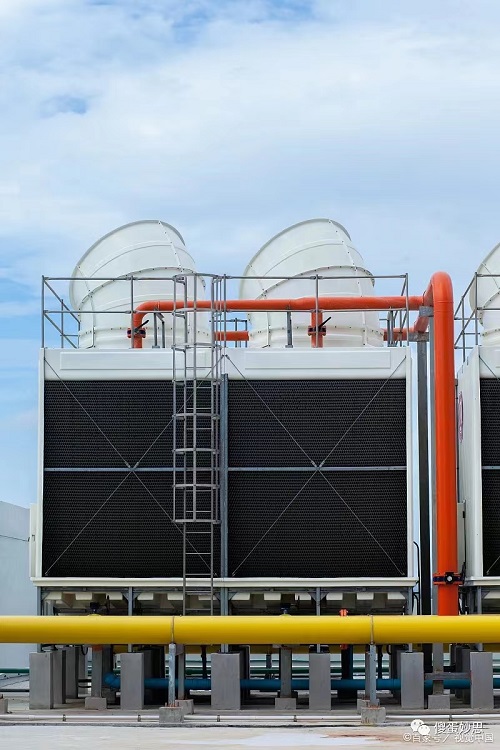High-efficiency boilers are only about 90% efficient at most, while heat pumps can generally achieve an energy efficiency ratio of 300% on average, and sometimes even reach an energy efficiency ratio of more than 500%.
Because boilers are energy conversion equipment, and heat pump units are energy transfer equipment. Although they must abide by the law of energy conservation, heat pumps use a small amount of electrical energy to drive a low-temperature heat source several times larger than itself to transfer to a high temperature, which has an energy leverage effect.
Boilers are energy conversion equipment, and the efficiency limit is 100%. The equipment will have heat loss, and it is very ideal to achieve an energy conversion efficiency of about 90%.

Heat pump
Efficiency point of view
From an efficiency point of view, heat pumps are much more energy-saving than boilers for heating. This is an undoubted fact. What about from an economic point of view? Through calculations, it can be found that heat pumps save more energy costs than traditional gas burner heating boilers.
Heat pump heating costs are more than 42% cheaper than boiler heating in the cold north, and heat pumps save half of boiler heating costs in the warm south.
This is calculated based on the maximum combustion value of natural gas and the higher efficiency of the boiler, while the heat pump is calculated based on the lower energy efficiency ratio.
Comprehensive cost effectiveness
Natural gas price increases are a high probability event in the future, and as the efficiency of photovoltaic and wind energy power generation has greatly improved, it is also expected that electricity prices will fall instead of rising in the future.
The heating cost of a boiler is about 1.7 to 2 times that of the current electricity consumption of a heat pump. The equipment maintenance costs are similar. The service life of the heat pump will be greater than the service life of the boiler.
The heat pump can also be used for summer refrigeration and air conditioning, which can realize air conditioning equipment.
From the perspective of environmental protection, heat pumps do not produce carbon dioxide and nitrogen oxides, which is extremely beneficial to carbon peak and carbon neutrality.
 WhatsApp +8613906047998
WhatsApp +8613906047998



